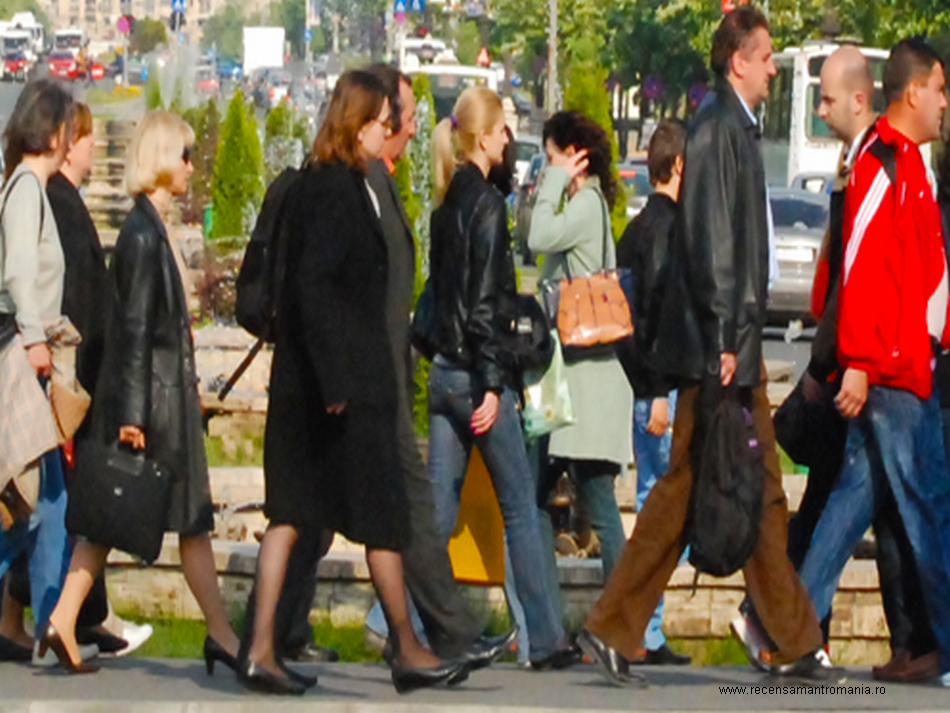The results of the latest census in Romania
Romanias population has dwindled as a result of migration and decreasing birth rates, says the latest census.

Ştefan Stoica, 05.07.2013, 13:17
The final results of a census conducted in October 2011 confirm the fact that Romania’s population has dropped since the previous census carried out a decade earlier. There are currently 20.1 million people residing in Romania, which is 1.5 less than in 2002. The main cause for this decrease is economic migration. The president of the National Statistical Office, Tudorel Andrei explains:
Tudorel Andrei: “Migration is the most important factor that contributed to population decline. Almost 77% of this decline can be explained by migration abroad. There is also a natural cause. We all know that in this period, even if life expectancy has increased, the birth rate has dropped significantly.”
The latest census also provides information about the scope of migration. Thus, more than 700,000 people polled in 2011 left abroad for at least one year, but this figure is thought to account for only one third of the real figure, says the president of the National Statistical Office.
Apart from this aspect, the other findings of the census do not reflect any major changes. Ethnic Romanians make up for 89% of the country’s population, so the Orthodox denomination is still dominant. In terms of ethnic groups, the largest ethnic population after the Romanians is the ethnic Hungarian population with 6.5% and the Roma population with 3.3%.
Also, women make up for around 51% of the country’s population and 54% of Romanians live in an urban environment. With almost 1.9 million inhabitants, the capital city Bucharest is still the country’s biggest city. In terms of age groups, children under 14 only account for 16% of the population, while the 25-64 age group accounts for 56%. More than 16 million people are over 18 years of age.
According to another finding, the country’s population is older compared to the previous census, which fuels concerns about a discouraging economic ratio between the active population and pensioners. One positive finding is that the population is, however, more educated. In the last 10 years, the number of higher education graduates has doubled from 7 to 14%.
The first reaction after the publication of the results of the 2011 census came from a politician and was, as expected, political. Prime minister Victor Ponta said the confirmed decline in population confirms that last summer’s referendum to impeach president Traian Basescu, which required 50% of the total number of voters, was in fact valid. In response, the president accused the prime minister of irresponsible behaviour and recalled the census only includes a part of the Romanian voters living abroad. The dispute not only comes too late, but is also irrelevant, because the figures taken into account by the Constitutional Court when it ruled that the referendum is not valid reflected the number of registered voters. The fact that the lists of registered voters should be updated is an entirely different matter.






























